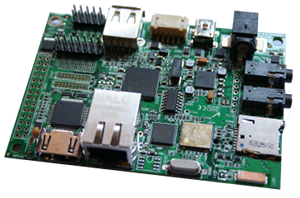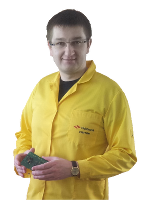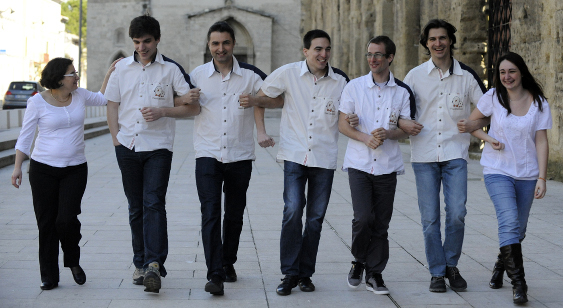 Over the last two years, Bootlin has contributed support for the Marvell Armada 370 and Marvell Armada XP processors to the mainline Linux kernel. These ARM processors are used mainly in Network Attached Storage devices but also in other devices such as printers. Until now the datasheet for these processors was only available for Marvell customers and partners under NDA, but last week, Marvell finally released the datasheet of the Armada 370 publicly, with no restriction, no registration, no NDA. The Armada 370 processor can already be found in several consumer grade products:
Over the last two years, Bootlin has contributed support for the Marvell Armada 370 and Marvell Armada XP processors to the mainline Linux kernel. These ARM processors are used mainly in Network Attached Storage devices but also in other devices such as printers. Until now the datasheet for these processors was only available for Marvell customers and partners under NDA, but last week, Marvell finally released the datasheet of the Armada 370 publicly, with no restriction, no registration, no NDA. The Armada 370 processor can already be found in several consumer grade products:
- Armada 370 Mirabox (supported in mainline)
- Netgear RN10200 (supported in mainline)
- Netgear RN10400 (supported in mainline)
- Synology DS214se (not yet supported in mainline)
- Synology DS414slim (not yet supported in mainline)
- Buffalo LinkStation 421e (not yet supported in mainline)
From now on, on the Marvell page (broken link removed) related to the Armada 3xx family, the Armada 370 Functional Specification (broken link removed) as well as the Armada 370 Hardware Specifications (broken link removed) can be found. While the Armada XP datasheet is not available at this time, it is worth mentioning that the vast majority of the peripherals are exactly the same between Armada 370 and Armada XP, so even Armada XP users will find useful information in this datasheet.
Bootlin is happy to see that Marvell is making more and more progress towards mainlining their kernel support and opening their datasheets publicly. We strongly believe that the openness of these datasheets will allow hobbyists and developers to improve the support for Armada 370 in the open-source ecosystem, be it in the Linux kernel, in bootloaders like U-Boot or Barebox or even in other projects.

 It is organized by our partners
It is organized by our partners 


 As usual, our training materials are available under the terms of the
As usual, our training materials are available under the terms of the  The 3.12 kernel has
The 3.12 kernel has 